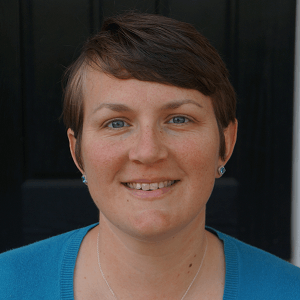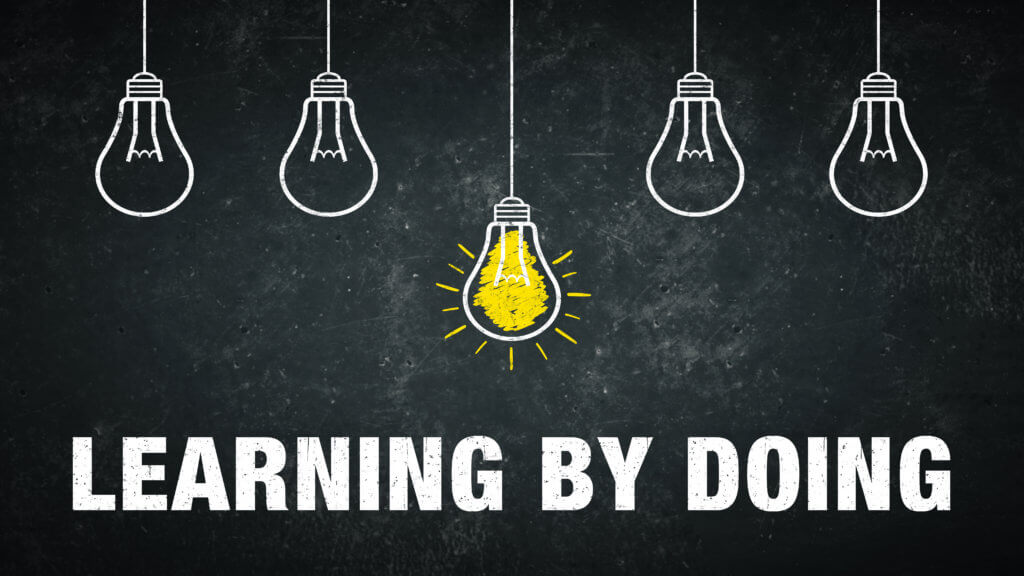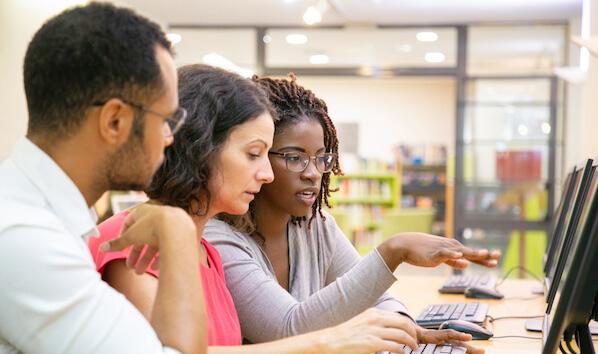Categories: Blended Learning | Differentiation & Personalization, Instructional Strategies, Student Engagement, Virtual Learning | 3 hours (for total workshop) | 60 min/workshop
About the Workshop Series:
In this workshop series, participants will examine foundational practices for blended learning. Whether you are new to blended learning or have been implementing blended learning for a while, this series will provide strategies and reflective opportunities for building a strong blended learning foundation. Join Dr. Jayme Linton as she models blended learning strategies so that participants can experience blended and personalized learning for themselves. Throughout this workshop series, participants will also develop a plan for designing a blended learning environment.
Series Workshop Descriptions
NOTE: While we recommend that you attend all sessions of the workshop series to meet the learning objectives, each workshop can be attended as a standalone. Premium Members also have access to view the recordings on demand and earn up to three continuing education credits
Session 1
Creating a Classroom Environment that Supports Blended Learning: A Deeper Dive
Now Available On-Demand:
Workshop Description:
Establishing blended learning takes intentional planning and shifts in the classroom culture and environment. In this workshop, you will examine ways to transform the learning environment to support blended learning. Dr. Jayme Linton will share tips for designing flexible learning spaces, building a student-centered culture, and establishing procedures and routines to support blended learning. Join us to learn how to create a classroom culture and environment that supports blended learning.
Session 2
Choosing a Blended Learning Model: A Deeper Dive
Now Available On-Demand:
Workshop Description:
There is no right way to do blended learning. There are countless versions of blended learning that exist along a continuum. Join Dr. Jayme Linton to unpack promising models and strategies for blended learning. In this workshop, participants will see blended learning models in action and identify powerful uses of in-person and online learning opportunities to make the most of blended learning.
Session 3
Shifting Teacher and Student Roles in the Blended Classroom: A Deeper Dive
Now Available On-Demand:
Workshop Description:
Blended learning is more than just technology integration. As we examine how blended learning can shift ownership of the learning experience from teachers to students, we will explore the roles of teachers and students in a blended setting and address several long-held assumptions about teaching and learning. Join Dr. Jayme Linton to examine ways to shift roles of teachers and students in the blended classroom.
Learning Objectives:
- Explain at least two benefits of incorporating the practice of mindful breathing in school.
- Demonstrate a breathing pattern that helps relax and calm the mind from stress and anxiety.
- Utilize the resources provided (print, audio, and video) to create a mindfulness lesson that can be used in the classroom.
Special Technology Instructions: Participants will need access to an internet device and a non-school, personal Google account. SimpleK12’s Google Classroom will be utilized for the interactive and hands-on components of this workshop.
Assessment: Participants will respond to a discussion prompt to demonstrate their understanding of the workshop objectives and reflect on their learning.
Who Should Attend?
Grades 1-2, Grades 3-5, Grades 6-8, Grades 9-12
Meet the Presenter

Dr. Jayme Linton is an education projects specialist for the U.S. Department of Defense Education Activity (DoDEA). She lives near Washington, D.C. and supports strategic planning, continuous improvement, and professional learning for DoDEA schools worldwide. Previously, Jayme served as a leadership coach, an assistant professor, instructional technology facilitator, and instructional coach. She is the author of The Blended Learning Blueprint for Elementary Teachers, published by Corwin, and she has been presenting for SimpleK12 since 2011.





